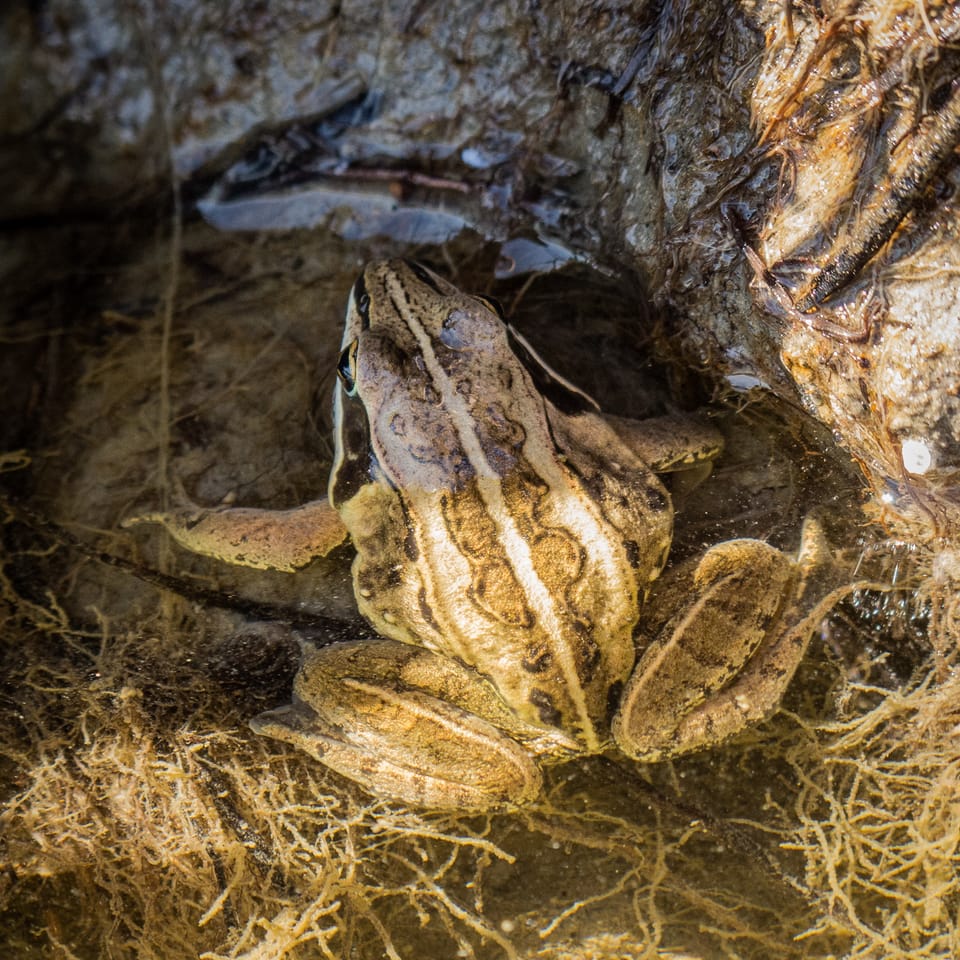EcoWest News, February 18, 2025

Welcome to EcoWest News, a weekly round-up of news and resources that you can put to use in addressing environmental issues and protecting the wild in your community.
Across the West
A proposed ski resort near Chilliwack, BC, would pass through a protected habitat for northern spotted owls. An environmental advocate says, “the province is contradicting itself by funding a captive-breeding program while simultaneously failing to protect the owls' habitat”. [CBC]
An independent review demonstrates that the Alberta Energy Regulator is under-reporting the number of spills while claims of perfect recovery aren’t credible. [Desmog]
The federal government is providing financial support for a carbon-neutral copper and zinc mine in Saskatchewan. Green initiatives include “a battery-electric vehicle fleet, the integration of a ventilation-on-demand and heat recovery system, the development of a water recycling system, and the implementation of a pyrite removal system.” [Environment Journal]
Across Canada
A review of a home retrofit program shows that some measures are more effective than others at reducing energy consumption. There’s also a need for broader participation from families with lower-valued houses. [The Conversation]
Toronto has dedicated $2 billion to climate programs through a budgeting process that takes into consideration carbon emissions. [The Energy Mix]
Energy
Reducing methane emissions will increase the efficiency and competitiveness of Canada’s oil and gas sector, create good jobs, and help the environment. [Pembina Institute]
A coordinated effort to expand the production and transmission of renewable energy would mitigate climate change and bolster Canada’s economic security. [The Narwhal]
Biodiversity
“Peatlands offer a huge opportunity for helping to solve the climate crisis.” However, 34% of the world’s carbon-sequestering peatlands are endangered by human activity, particularly commercial agriculture. [The Energy Mix]
The Local Biodiversity Solutions Guide lists 19 ways that communities can integrate biodiversity friendly practices into municipal policies. They include bird-friendly building guidelines, a green roof bylaw, bee boulevards, and cat roaming bylaws. [National Environmental Treasure]
The World Wildlife Fund supports polar bear hunts in Canada. 300-400 skins are exported annually, primarily to China where a full pelt sells for roughly $60,000. [The Guardian]
Making a Difference
Canada’s Buoyant Foundation Project is retrofitting homes with floating foundations to work with rather than against water, minimizing disruption and displacement. A prototype home is underway on Peguis First Nation (Manitoba). [Buoyant Foundation]
A small British company has won an award for collecting, refurbishing, and selling on old doors. [Green Doors]
Dutch researchers have identified a simple way to break down polyester-cotton blend fabrics into their constituent parts that can then be recycled. [Anthropocene]
DIY
Help protect the Southern Resident Killer Whales by filling out a Department of Fisheries and Oceans survey before February 26. Raincoast Conservation Foundation provides useful background information. [Raincoast]
Nature’s Wonders
“Though no one may be around to hear when a tree falls in the forest, countless critters take note. Dormant fungi within the tree awaken to feast on it, joined by others that creep up from the soil. Bacteria pitch in, some sliding along strands of fungi to get deeper into the log. Termites alert their colony mates, which gather en masse to gobble up wood. Bit by bit, deadwood is decomposed, feeding new life along the way.” [Knowable]
Invertebrates, from spiders and insects to sponges and jellyfish, are the unsung heroes of our planet. Send in your nomination for the Invertebrate of the Year award before March 4 and be part of this year’s celebration of these humble but vital members of our ecosystem. [The Guardian]
Cows communicate with their ears, their bodies, and their voices. It’s different from human communication but no less effective. [BBC]
Photo credit: https://www.flickr.com/photos/apmckinlay/8373143261
EcoFriendly West informs and encourages initiatives that support Western Canada’s natural environment through its online publication and the Nature Companion website/app. Like us on Facebook, follow us on BlueSky, X, and Mastodon, or subscribe by email.

Member discussion